Your guide to a career at the CSIR
The CSIR’s multidisciplinary nature perfectly positions the organisation to help solve the increasingly complex problems of our time. It ensures that we leverage the best skills from a variety of disciplines and fields, and this makes for a stimulating and rewarding work environment. Computer scientists, for example, could find their skills applied to research efforts in anything from designing aircraft and helping companies to understand large data sets, to developing algorithms for controlling the behaviour of robots. These career paths are seldom linear. As scientists are exposed to so many different opportunities, many choose to grow in a whole new area of interest they had not considered before. A physicist working with condensed matter, for example, could discover she has an interest in nano-technology, lasers or synthetic biology and choose to advance her career in that direction.
Below are some of the careers you can pursue within the science, technology, engineering and math spectrum. You can also view our e-book for a more comprehensive scope of careers.
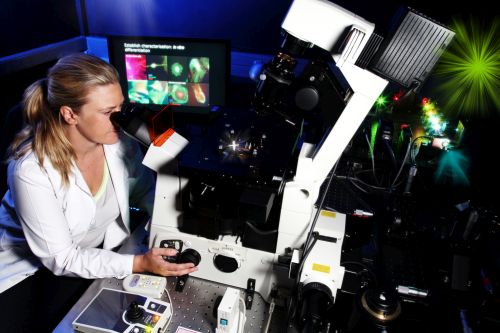 |
Geneticist Geneticists study the way genes control the cells in our bodies, particularly how gene mutations can adversely affect cells and cause disease. Geneticists must have an aptitude for maths, science and biology and a passion for their chosen specialisation field, combined with a love for biology. They should also be inquisitive and have the patience to deal with the constant challenges and set-backs of the research environment. |
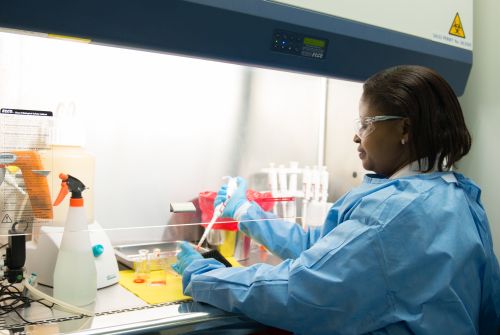 |
Virologist Virologists study the emergence and mutation of viruses to understand how they function in order to develop new medicine and optimal infection control measures. Virologists who work in the research environment need to multitask and must be willing to put in extra hours in the laboratory. They need to collaborate with other researchers and must display strong academic ability in the fields of maths, physics and biology. |
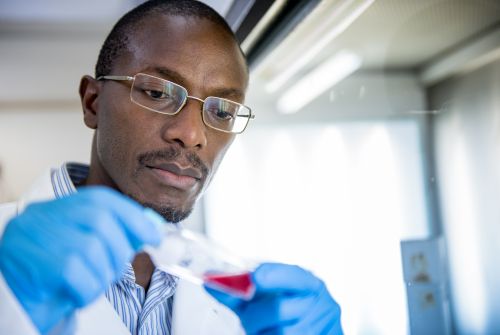 |
Systems biologist Systems biologists research the complex interactions within biological systems by looking at how cells, organelles and molecules interact to determine how an organism functions and behaves. For this career you should have an analytical mind, be willing to adapt to a fast-changing research environment, have perseverance and strong skills in maths, science and statistics. |
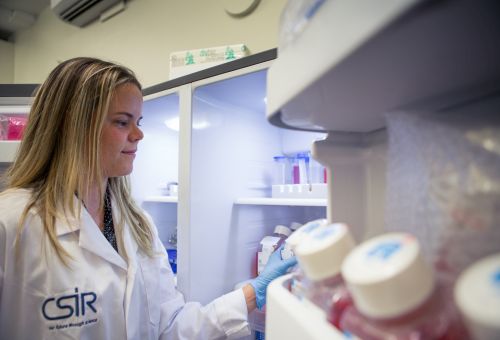 |
Molecular biologist A molecular biologist studies bacteria and viruses by investigating the properties of these microscopic life forms and their function in the production of antibiotics, alcohol, sugar, and amino acids. A molecular biologist must possess excellent analytical skills, pay attention to detail and have natural organisational skills. |
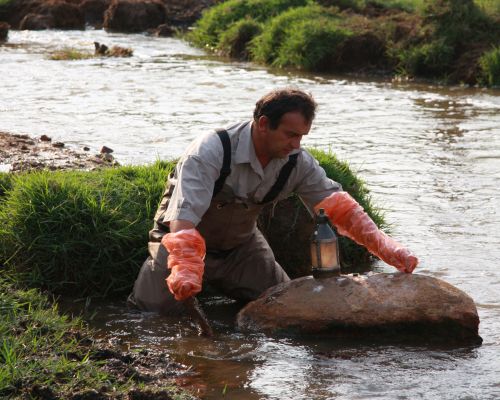 |
Limnologist Limnologists study life in fresh water such as rivers and wetland systems in order to understand how a water system functions and what prevents it from functioning as it should. They have to be analytical thinkers, driven by curiosity and a need to solve problems. You must have a passion for nature conservation and love being outdoors. You should also be able to keep the big picture in mind at all times. |
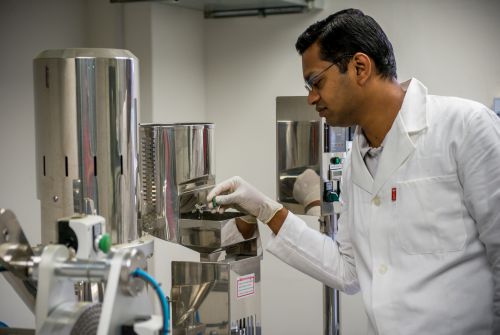 |
Chemical engineer Chemical engineers concern themselves with the practical design and operation of equipment used in making new products or chemicals as well as streamlining existing production processes. Chemical engineers should have high doses of curiosity coupled with a healthy interest in how processes work and products are developed. Excelling in mathematics, physics and chemistry is a must. |
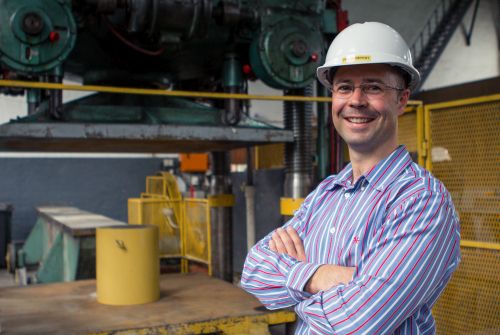 |
Mechanical engineer – structural engineering Mechanical engineers provide specialised strength and safety testing services that allow mining, manufacturing, transport and construction companies, and heavy industry, to test products to comply with safety requirements. A good engineer understands how things apply in the real world and how to bring theory into practice Strong academic performance is as important – if you can show technical superiority you will advance more quickly. People skills, good communication skills and a keen eye for detail are also crucial. |
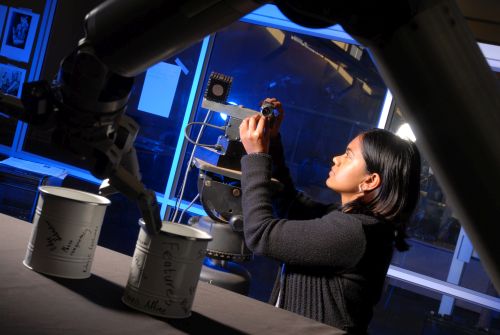 |
Computer scientist – robotics and computer vision They enable mobile robots to navigate and plan their routes by working on computer vision applications, where the robots are fitted with sensors, such as lasers and cameras, to ‘see’ and interact with their environment. Computer scientists are generally people who can think creatively, logically and analytically. |
